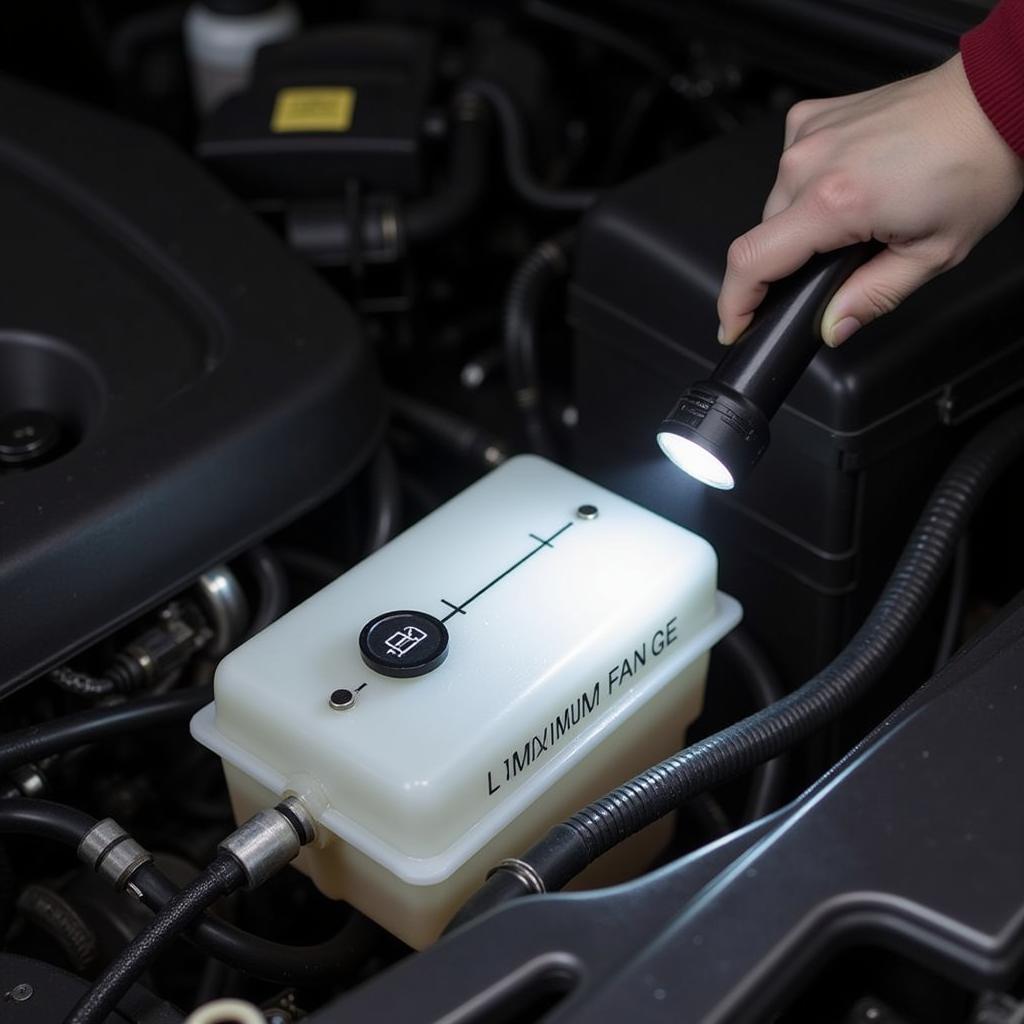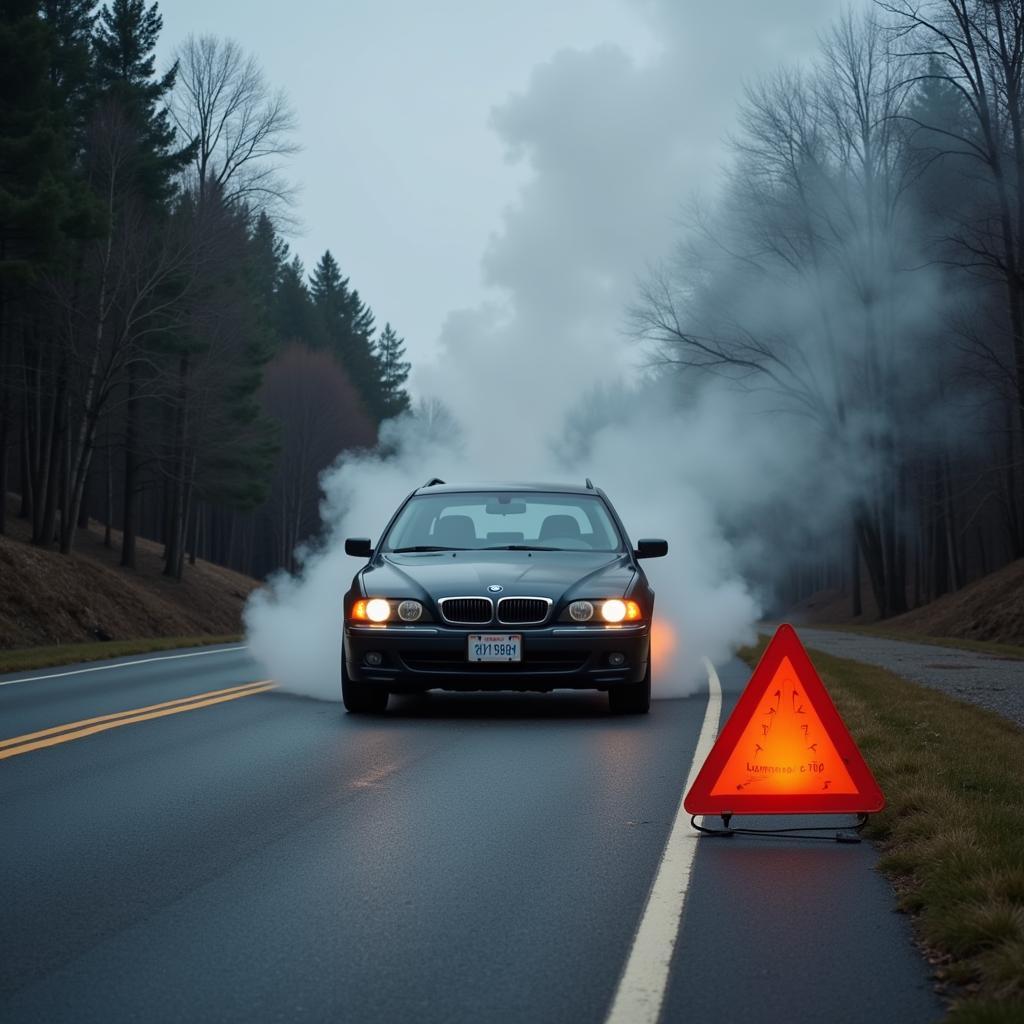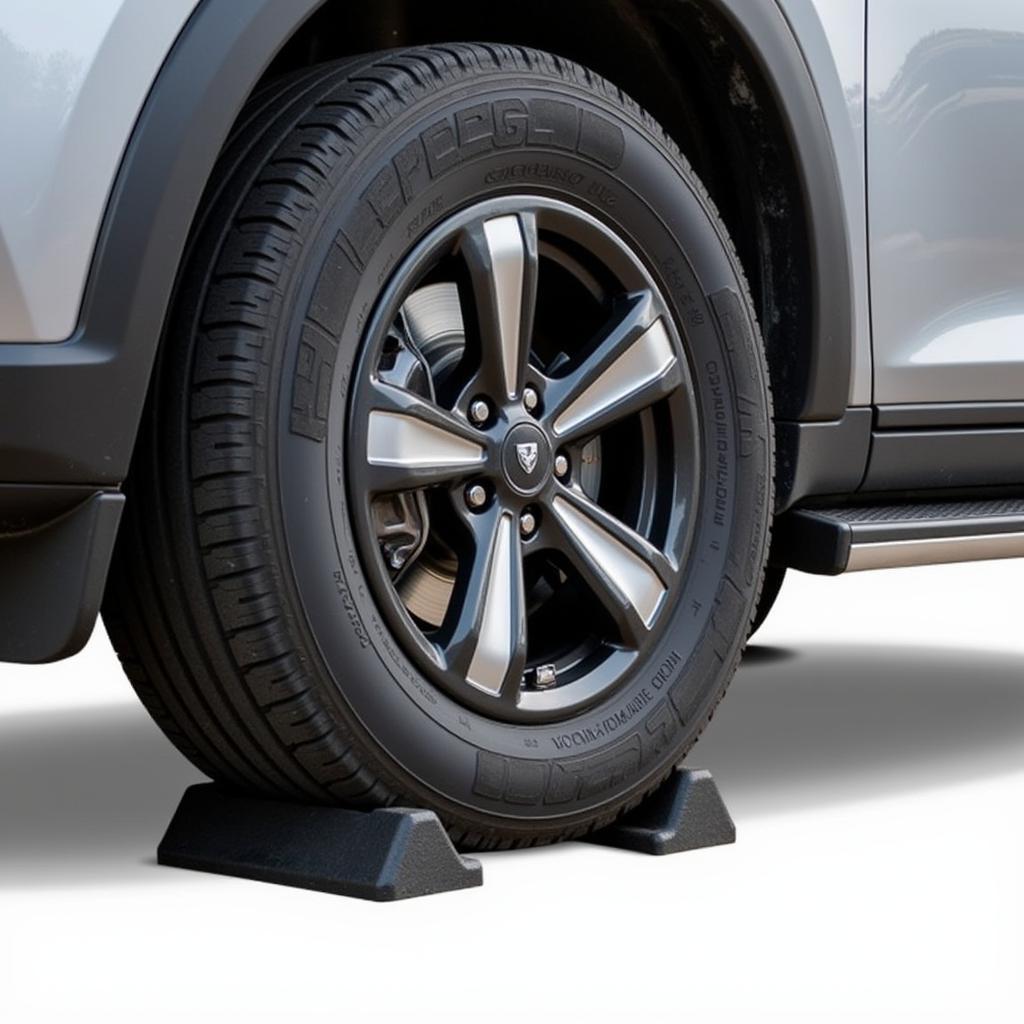If your car overheats, it can be a nerve-wracking experience. Understanding the potential causes is crucial for addressing the issue quickly and effectively. Overheating can stem from a range of problems, from a simple leak in the coolant system to more complex issues like a failing water pump or a blown head gasket. This article will guide you through the common culprits behind overheating, helping you diagnose the problem and determine the next steps.
If your car is overheating, don’t panic. There are a number of possible causes, and many of them are relatively easy to fix. Let’s explore some of the most frequent reasons why your car might be overheating, ranging from minor issues to more significant problems.
Common Causes of Car Overheating
A variety of factors can contribute to your car overheating. Here are some of the most prevalent:
Low Coolant Level
One of the most common reasons for overheating is simply a low coolant level. This can be caused by a leak, evaporation, or even forgetting to top it off. Regularly checking your coolant level is a simple preventative measure that can save you from a lot of trouble.
 Checking Car Coolant Level
Checking Car Coolant Level
Coolant Leaks
A leaking coolant system can quickly lead to overheating. Leaks can occur in various places, including hoses, the radiator, the water pump, or even the engine block itself. Identifying the source of the leak is essential for effective repair.
Faulty Thermostat
The thermostat regulates the flow of coolant through the engine. A stuck closed thermostat prevents coolant from circulating, causing the engine to overheat. Conversely, a stuck open thermostat can prevent the engine from reaching its optimal operating temperature, affecting performance and fuel efficiency.
Malfunctioning Water Pump
The water pump circulates coolant throughout the engine. If the water pump fails, coolant cannot circulate, resulting in rapid overheating. A failing water pump might make a whining noise, which can be an early warning sign.
Clogged Radiator
A clogged radiator restricts the flow of coolant, preventing it from dissipating heat effectively. Debris, rust, and other contaminants can accumulate in the radiator over time, hindering its ability to cool the engine.
Blown Head Gasket
A blown head gasket is a serious problem that can lead to overheating. The head gasket seals the combustion chamber, preventing coolant from leaking into the cylinders. If the head gasket fails, coolant can leak into the cylinders or oil passages, causing a variety of issues, including overheating and white smoke from the exhaust. This often requires significant engine repair. If you suspect a blown head gasket, consult a qualified mechanic immediately.
What to Do If Your Car Overheats
If your car overheats, pull over to a safe location as soon as possible and turn off the engine. Do not attempt to open the radiator cap while the engine is hot, as the pressurized coolant can cause severe burns. Allow the engine to cool completely before checking the coolant level. If the coolant level is low, carefully add coolant to the overflow tank. However, if the overheating persists, it’s best to have the vehicle towed to a qualified mechanic for diagnosis and repair. Ignoring an overheating problem can lead to severe engine damage, so addressing it promptly is crucial. Had a problem with my car? Check out some of the common issues and solutions. You can also find more about car problems within the first year by manufacturer.
 Overheated Car on Roadside
Overheated Car on Roadside
Expert Insights
John Miller, a seasoned automotive engineer with over 20 years of experience, emphasizes the importance of preventative maintenance: “Regularly checking your coolant level and having your cooling system inspected can prevent many overheating issues.” He also advises against driving with a known overheating problem, stating, “Continuing to drive an overheating car can cause catastrophic engine damage, leading to costly repairs.” Another expert, Dr. Susan Lee, a materials scientist specializing in automotive components, adds, “The quality of your coolant plays a vital role in the longevity of your cooling system. Using the correct type and maintaining the proper concentration is crucial for preventing corrosion and ensuring optimal heat transfer.”
Conclusion
If your car overheats, understanding the potential causes is the first step towards resolving the issue. From a simple low coolant level to a more serious problem like a blown head gasket, addressing the problem promptly is essential to prevent further damage. Regular maintenance and prompt attention to warning signs can help keep your car running smoothly and prevent costly repairs down the road. Don’t hesitate to connect with us at AutoTipPro for further assistance. You can reach us at +1 (641) 206-8880 or visit our office at 500 N St Mary’s St, San Antonio, TX 78205, United States. You might also be interested in learning about Acura car problems or Volkswagen CC car problems. Are you leasing and facing manufacturer engine problems on a lease car? Find out more.
FAQs
- What is the most common cause of car overheating? Low coolant levels are often the culprit.
- Can I drive my car if it’s overheating? No, it’s crucial to pull over immediately and turn off the engine.
- How often should I check my coolant level? Checking your coolant level at least once a month is recommended.
- What does white smoke from the exhaust indicate? This can be a sign of a blown head gasket, a serious issue requiring immediate attention.
- How can I prevent my car from overheating? Regular maintenance, including coolant checks and cooling system inspections, is key to prevention.
- Is it safe to open the radiator cap when the engine is hot? No, it’s extremely dangerous due to the pressurized hot coolant.
- What should I do if I suspect a leak in my cooling system? Have your car inspected by a qualified mechanic as soon as possible.







Leave a Reply